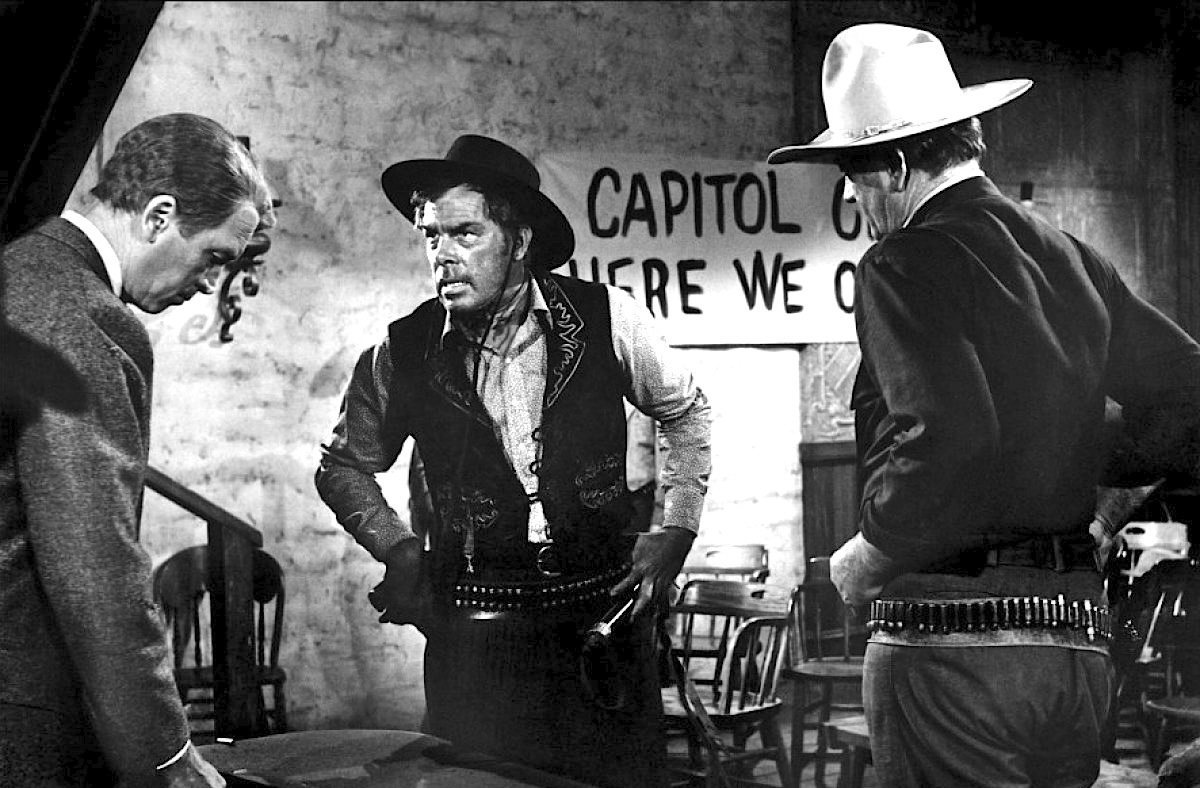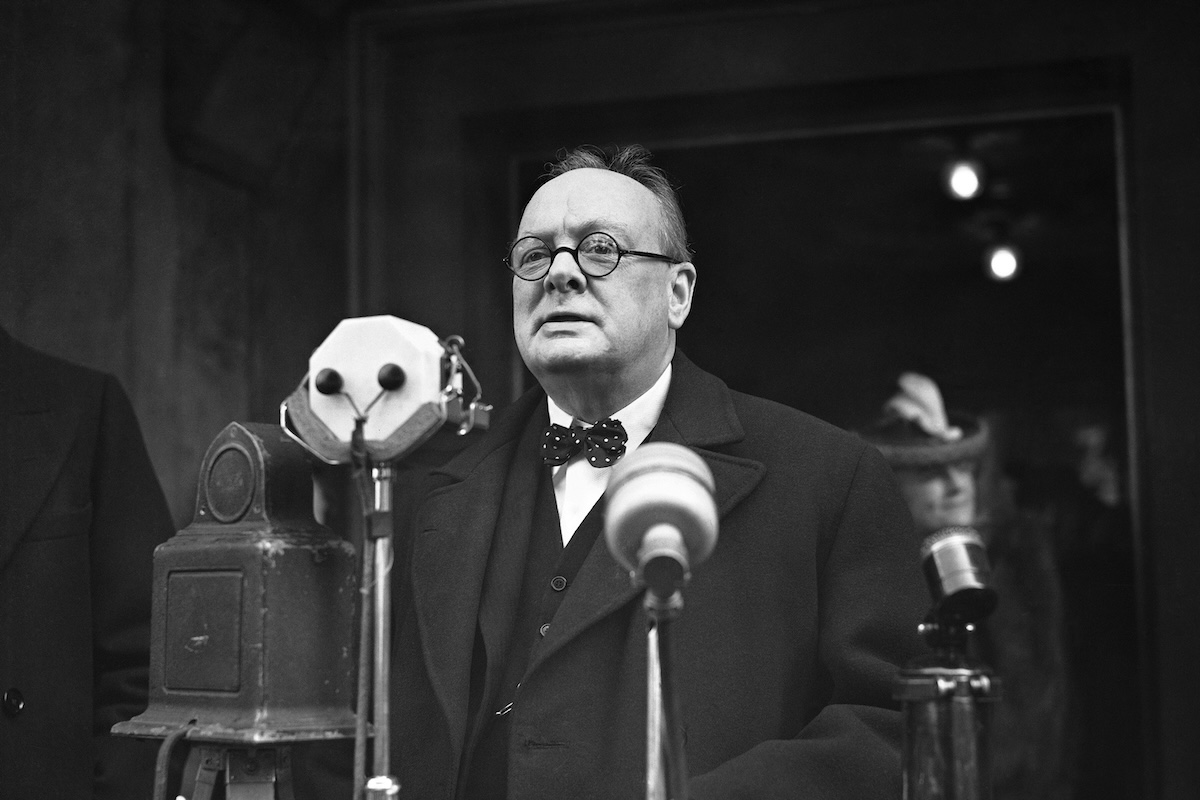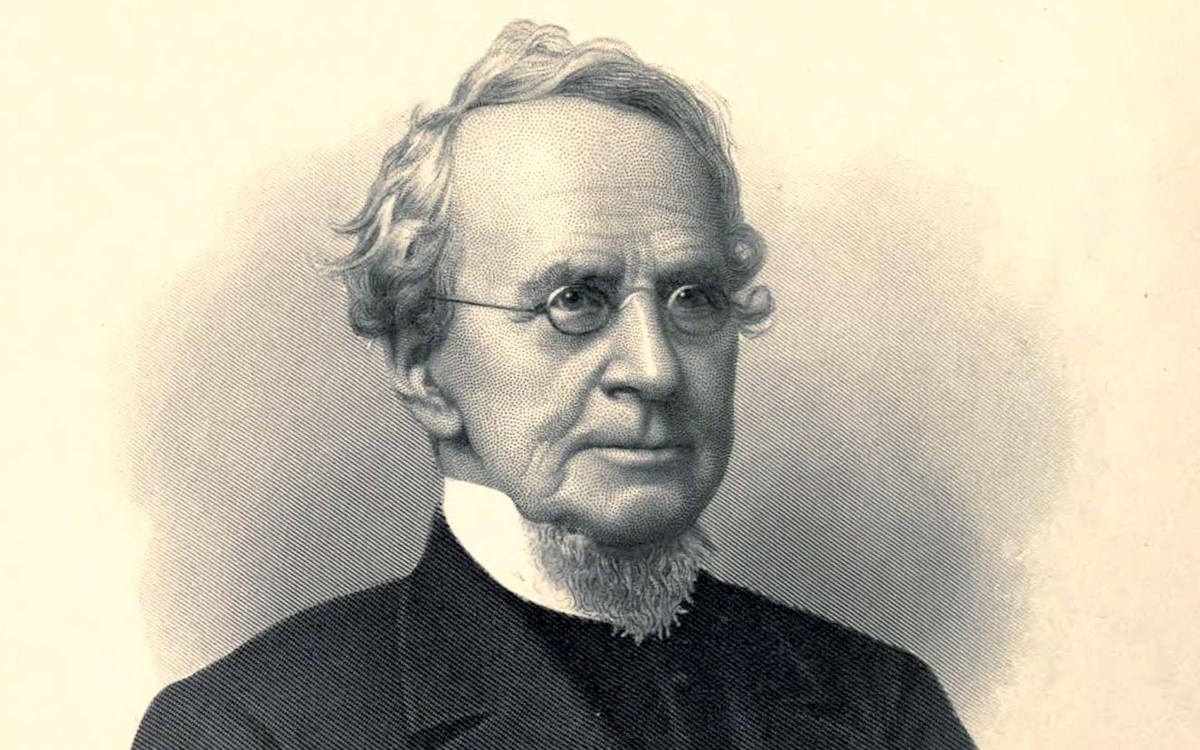
Is Apple a Monopoly?
April 17, 2024 • by Jennifer Huddleston
We all know that person who always seems to have the latest Apple gadget. In many ways, Apple products have become a status symbol. While there is a dedicated and loyal group of Apple fans who believe there are no other options and those who view these products as an external signal to the world that they are superior, most of us consider an array of factors when deciding which products to buy or streaming service to select. Continue Reading...








